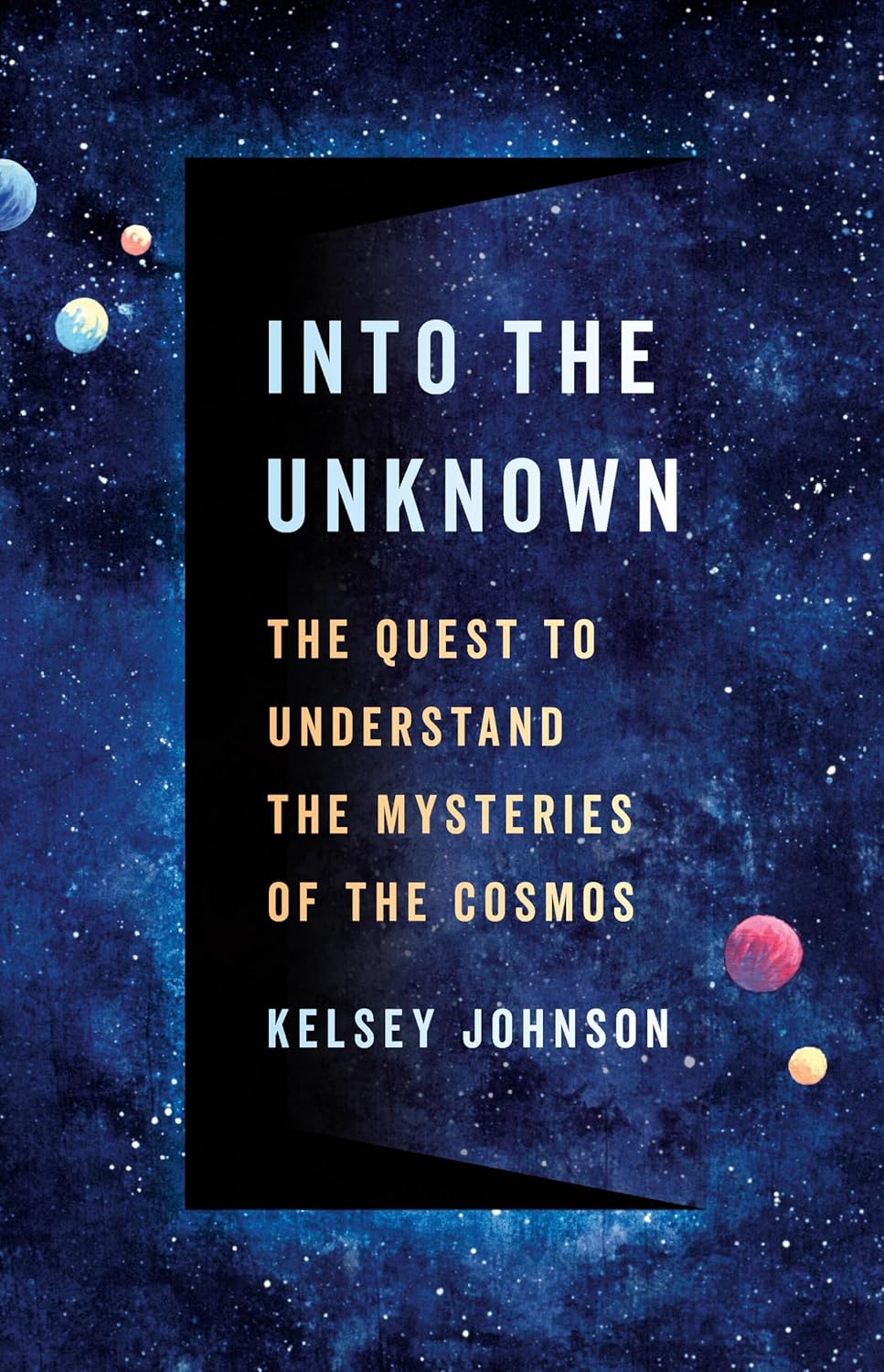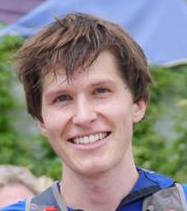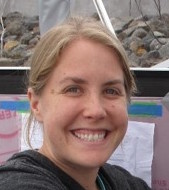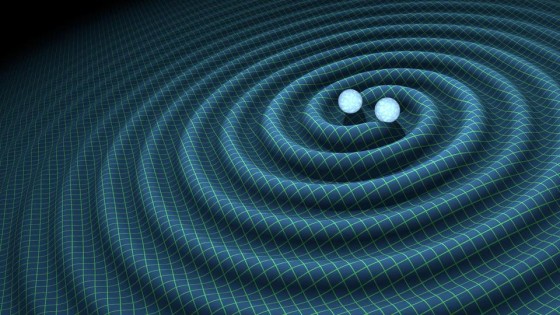 Into The Unknown (starts at 9:05) What do we know about the universe, and how do we know we know it? Conversely, what do we know we don’t know, what don’t we know that we don’t know, and why not?
Into The Unknown (starts at 9:05) What do we know about the universe, and how do we know we know it? Conversely, what do we know we don’t know, what don’t we know that we don’t know, and why not?
To help us unravel these age-old philosophical questions in the context of current science, our guest is Dr. Kelsey Johnson, who received her PhD in astrophysics from the University of Colorado. Dr. Johnson is a Professor in the Department of Astronomy at the University of Virginia, and the former president of the American Astronomical Society. She is the founder of the Dark Skies, Bright Kids program, and wrote the children’s book Constellations for Kids. Her most recent book is Into The Unknown: The Quest to Understand the Mysteries of the Cosmos. In this episode, Dr. Johnson takes us into that unknown, and talks about what we know, what we might know, and what we might never know.
Part 1 of this interview is available here.
We begin this show with some pre-Halloween spooky science news.
Host: Joel Parker
Show Producer/Engineer: Joel Parker
Executive Producer: Susan Moran
Additional contributions:Benita Lee, Jack Armstrong, Shelley Schlender
Listen to the show:
Podcast: Play in new window | Download (Duration: 26:45 — 36.7MB)
Subscribe: RSS




 The graduation season is upon us and our guests in today’s show will be graduating with science Ph.D.’s from the University of Colorado in Boulder. They join us to talk about their thesis research, their grad school experiences, and what they have planned next:
The graduation season is upon us and our guests in today’s show will be graduating with science Ph.D.’s from the University of Colorado in Boulder. They join us to talk about their thesis research, their grad school experiences, and what they have planned next: Greg Salvesen –
Greg Salvesen – 
 Odessa Gomez –
Odessa Gomez – 
 Interview with LIGO Scientist Dr. Matt Evans (6:22): The recent big news in physics was the announcement of the first direct detection of gravitational waves. The detection was made by the
Interview with LIGO Scientist Dr. Matt Evans (6:22): The recent big news in physics was the announcement of the first direct detection of gravitational waves. The detection was made by the